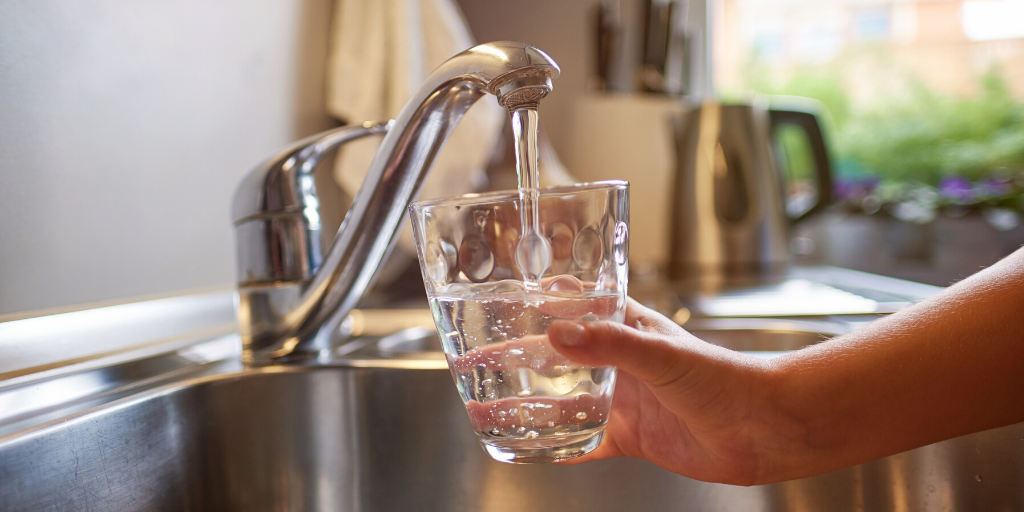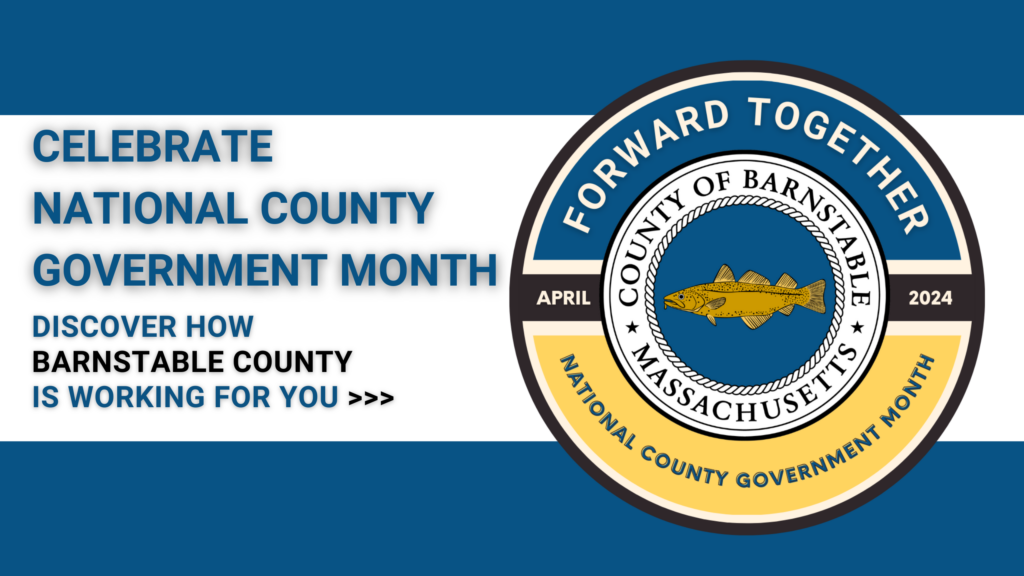
Coronavirus and Groundwater: What’s the Risk?
Water is a part of everyday life, and it is important to feel confident that your water is safe to drink. With that in mind, we wanted to take a minute to discuss the possibility of the COVID-19 virus infiltrating the Cape Cod water supplies.
Contributed by Jordanne Feldman, AmeriCorps Cape Cod member serving with the Cape Cod Cooperative Extension

All Cape Cod residents use groundwater, whether they have a well in their backyard or not. The public water supplies pump water from the aquifer, the groundwater source, filter that water, and then test it routinely to make sure the water is in compliance with the EPA safety guidelines. According to the National Groundwater Association, the filtration and disinfection methods in place at municipal facilities should be enough to remove or inactivate the viruses, as they do with all other viruses. The EPA also announced “the risk to water supplies is low, and Americans can continue to use and drink from their tap as usual.” They also issued a quick reminder to only flush toilet paper, never disinfectant wipes or other items in order to protect plumbing and infrastructure.
For those on private wells, the concern is for homes without smaller in-house treatment systems. The source of contamination would be from septic systems, a waste management practice that serves over 80% of Cape Cod residents. When installed and maintained properly, the National Groundwater Association states the bacteria in the septic system should take care of all viruses and pathogens. Well owners are also encouraged to check their wellhead for cracks or disturbances where surface water may infiltrate the well. That being said, according to the United Nations and the World Health Organization there is no current evidence to suggest the coronaviruses are present in any water bodies or supplies, or that the virus is transmitted through contaminated drinking water.
In summary, the risk of COVID-19 being present in water supplies or being contracted through water, is low. The highest risk of transmission for this virus is still direct human-to-human contact or touching a contaminated surface. Continuing to social distance, wear face masks in public places, and wash hands after returning from essential businesses are still the best ways to protect oneself against COVID-19.
For more information about COVID-19, feel free to visit these websites:
National Groundwater Association



